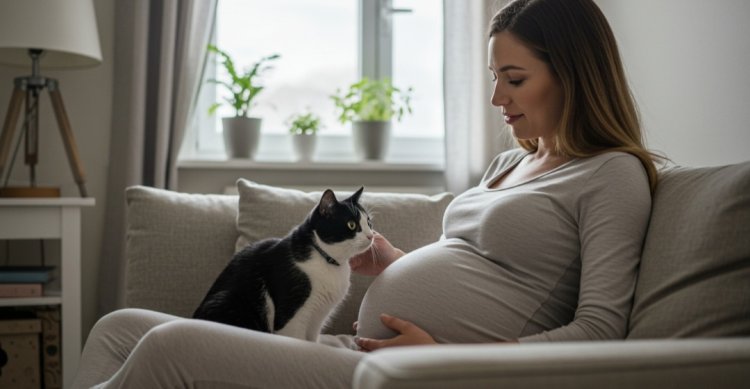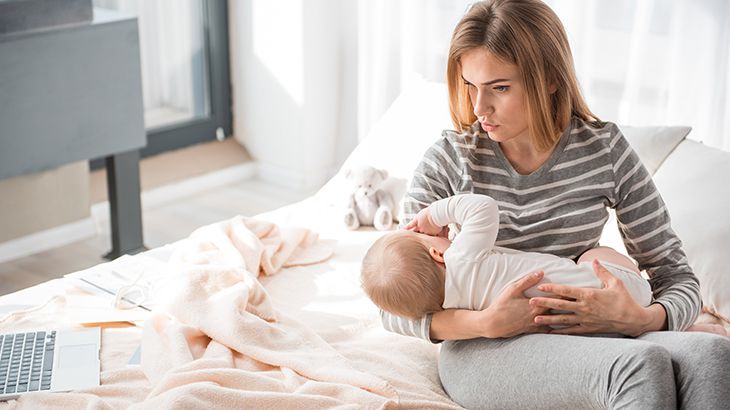Is It Really Dangerous to Have a Cat at Home During Pregnancy?
Worried about toxoplasmosis and cat care during pregnancy? Learn about the real risks, expert precautions, and surprising benefits of having a cat while expecting.

Pregnancy is both an exciting and cautious time for expectant mothers. Keeping a cat at home can raise concerns, especially due to the risk of toxoplasmosis infection. But is it truly dangerous to have a cat while pregnant? Let’s explore the facts and the precautions you should take.
Risks of Having a Cat During Pregnancy
Cats can be carriers of a parasite called Toxoplasma gondii. This parasite may be transmitted to humans through contact with infected cat feces. Contracting toxoplasmosis during pregnancy may lead to miscarriage, premature birth, or serious health issues for the baby. However, these risks can be significantly reduced by taking the right precautions.
Precautions to Take When Living With a Cat During Pregnancy
-
Litter Box Cleaning:
The toxoplasma parasite spreads through cat feces. Ideally, another family member should clean the litter box during pregnancy. If not possible, wear gloves and wash hands thoroughly after cleaning. -
Feeding the Cat:
Avoid giving your cat raw meat, which increases the risk of parasite transmission. -
Vet Check-Ups:
Take your cat for regular vet visits to minimize the risk of any infections. -
Hand Hygiene:
Always wash your hands with soap after handling your cat, especially before meals.
Benefits of Having a Cat While Pregnant
Cats are known to reduce stress and provide emotional comfort. They can help ease pregnancy-related anxiety. Furthermore, growing up with a cat may reduce the child's risk of developing allergies or asthma later in life.
Conclusion: Is It Safe to Have a Cat During Pregnancy?
Keeping a cat at home during pregnancy is safe with proper precautions. The risk of toxoplasmosis can be largely avoided through good hygiene and regular vet care. If you’re concerned, speak with your doctor and your veterinarian for more personalized advice.

 Admin
Admin 


























